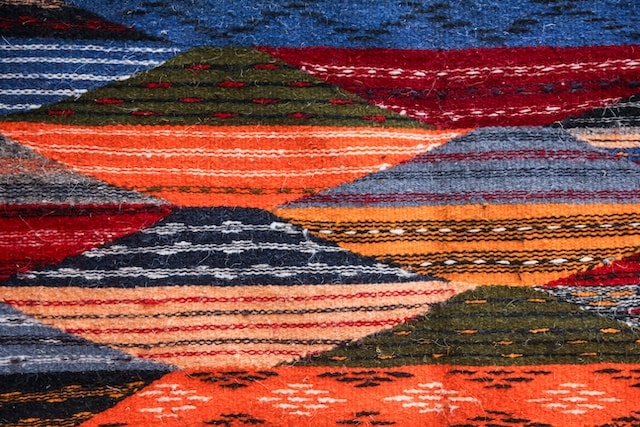Exploring traditional art forms, music, and languages that are associated with Native American culture can be a deeply enriching experience. These cultural expressions offer insight into the history, beliefs, and values of indigenous peoples in North America.
Art forms such as pottery, beadwork, weaving, and painting often incorporate symbolic imagery and motifs that hold deep spiritual significance. By studying these traditional arts, one can gain a greater appreciation for the intricate craftsmanship and storytelling abilities of Native artists.
Music has also played a vital role in Native American cultures for centuries. From drumming ceremonies to flute playing, each musical tradition conveys a unique message or emotion. Through listening to and learning about this music, one can connect with the soulful sounds that have been passed down through generations.
Language is another key aspect of Native American culture that holds immense value. Many tribes have their own distinct languages that reflect their connection to the land and their ancestors. By exploring these languages through classes or immersion programs, individuals can gain a deeper understanding of the worldview and traditions of indigenous communities.
For those who may be unsure about their own Native American heritage, there are ways to explore this aspect of identity respectfully. Researching family history, connecting with tribal organizations, or participating in cultural events can help individuals learn more about their roots and honor their ancestral heritage.
Overall, immersing oneself in the rich tapestry of traditional art forms, music, and languages associated with Native American culture is a meaningful way to appreciate the diversity and resilience of indigenous peoples. By embracing these cultural expressions with an open heart and mind, one can forge connections across time and space while honoring the legacy of those who came before us.
Our heritage is a vital part of who we are, shaping our beliefs, values, and sense of belonging. For those with Native American ancestry, it is important to embrace and celebrate this heritage, regardless of the specific percentage of ancestry one may have.
There are many ways to connect with your Native American roots and honor your ancestors. Learning about the history and traditions of your tribe or tribes can provide valuable insight into your cultural identity. Engaging in traditional ceremonies, such as powwows or sweat lodges, can also help you feel a deeper connection to your heritage.
Connecting with other Native Americans in your community or through social media can provide support and understanding as you explore your ancestry. Building relationships with elders or tribal members can offer guidance and wisdom as you navigate the complexities of being Native American in today's society.
It is important to remember that there is no "right" way to be Native American. Your identity is valid regardless of the percentage of ancestry you may have. Embracing and celebrating your heritage is a personal journey that should be approached with openness and respect for the diverse experiences within indigenous communities.
By honoring your heritage and connecting with others who share similar backgrounds, you can create a sense of belonging and pride in your Native American identity. Remember that being true to yourself and embracing all aspects of who you are is key to living authentically as a descendant of indigenous peoples.
